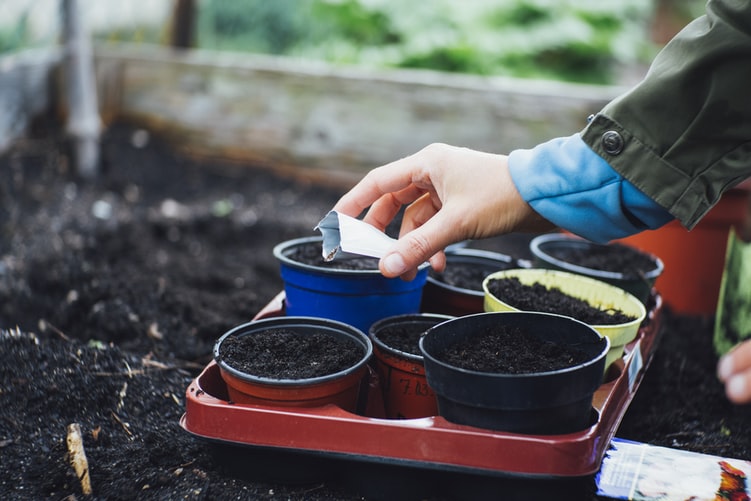Container Gardening
Factors Affecting Container Gardening
There are many factors affecting container gardening that will determine whether your container garden will flourish or fail. These factors are usually weather, the time of year, the type of container, and the gardener’s preferences. Some of these factors can actually be controlled by the gardener. Others cannot. The important thing is to remember that if you have had success with one method of garden management, then you should stick to it!
Weather and Temperature
Plant biology is one of the most important things a gardener can learn. It’s a lot more complex than just growing a bunch of plants in a pot. One of the most crucial factors affecting how well a plant will grow in specific weather and temperatures are the humidity of the area where the plants will be grown.
Need of Fertilizers
If the soil is too dry, then the plant will need more water and more often. In addition to needing more water, the plant will also need more fertilizer. Fertilizer is what provides the root structure with the necessary nutrients to grow properly. If the fertilizer lacks this vital ingredient, then the plant will not be able to thrive no matter what. A gardener must be aware of how much fertilizer to apply.
Effect of Temperature
Another thing that affects plant growth is the temperature of the environment. Different herbs grow better in different temperatures. This is because some herbs can handle extreme temperatures better than others. A gardener should learn about the plant life in his or her garden region and choose plants accordingly.
Applying Manure
A gardener should also pay attention to the type of fertilizer he or she is applying. Most plants need a certain amount of nitrogen to grow well. A gardener should apply manure (from the animal) to the soil or sprinkle a small amount of lime on top of the soil before applying fertilizer. This will help the plant to absorb the necessary amounts of nitrogen.
pH Level of Soil
A third factor affecting plant health is the pH level of the soil. When plants are growing in acidic soil, they tend to have problems with their leaves. This can result in stunted growth. A gardener should test the pH level of his or her garden to ensure it is not too high or too low. High acidic levels can encourage plant diseases, so testing the pH regularly can help prevent disease.
Effect of Sunlight
A fourth factor affecting plant growth is the amount of light received by the plants. Some plants grow better when given direct sunlight. Other plants do best in indirect sunlight. The gardener should learn about his or her plant’s requirements for nutrients.
Proper Feeding and Watering
It is not enough to simply choose plants that are easy to grow. A well-balanced herb garden must also be managed to ensure that it provides a healthy amount of the right nutrients. By properly feeding and watering the plants, weeds cannot grow. Learning about the factors affecting herb garden growth will help a gardener to make the most of his or her garden.
Nutrients for Different Phases of Plant Growth
There are five distinct phases of growth for each plant type. Each phase of development has specific requirements for the nutrients it needs to grow. A gardener should determine what stage a plant needs to reach and maintain to ensure a healthy harvest. For example, if a plant is still in the growing phase, it requires more nutrients than a plant that is completely grown.
Properties of Properly-fomented Garden
A properly-fomented garden is one that gets the right amount of sunlight, nutrients, water, and temperature for each plant. By choosing plants that are in their initial or mature stages of growth, a gardener reduces the amount of time that these plants spend in the gardener’s care. This will minimize the amount of work necessary to keep the plants healthy and ensure they receive all the nutrients they need to grow.
Learning Principles of Soil Science
The gardener must also learn about the principles of soil science. This involves knowing the different elements that constitute the soil and how they interact with each other. One important principle is that the most important element is the amount of light that a plant receives. A well-lit plant will grow much better than a plant that is poorly lit. It is important to make sure that the gardening area is well-lit during the best times of day.
In order to have a successful garden, a gardener must be aware of the factors affecting herb garden growth. Being aware of these factors allows a gardener to control the environment that the plants are growing in. When this is done, a gardener can ensure the health and abundance of the crop he or she plans on harvesting. It is important to remember that a garden is an environment and not just a plot of land.

